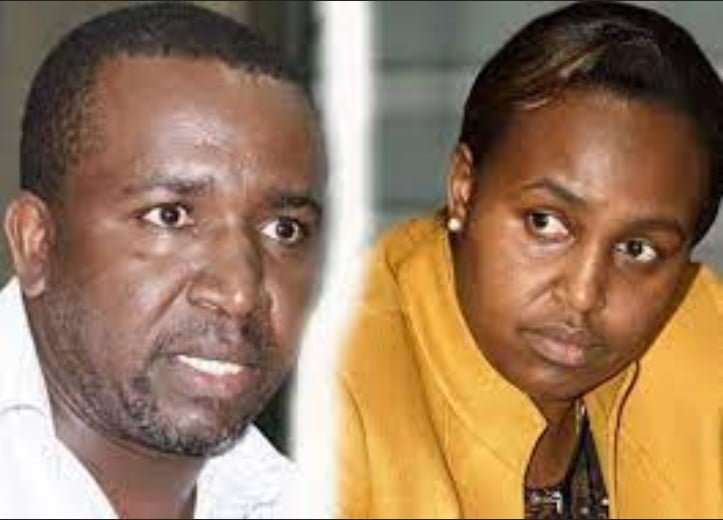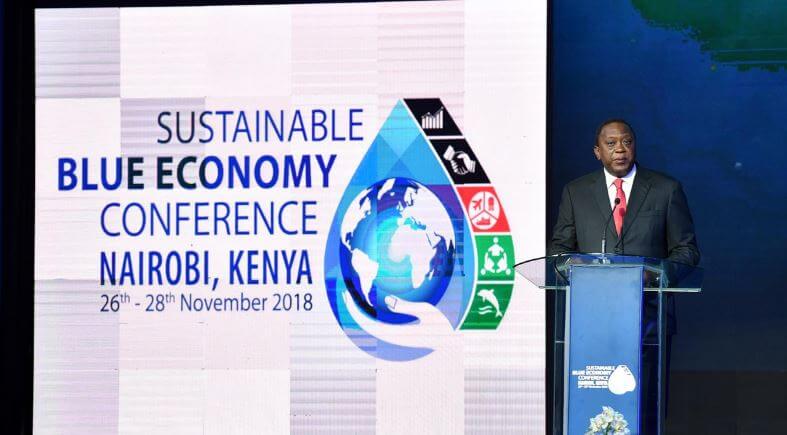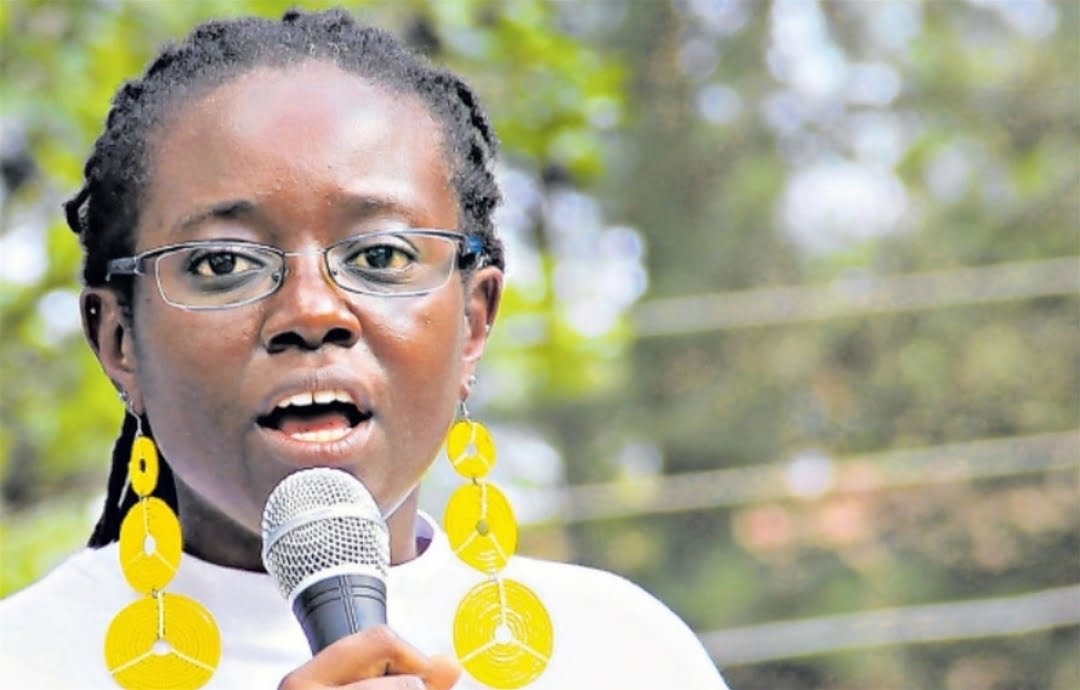Kenya is staring at the revival of a Grand Coalition-style government after President William Ruto and opposition chief Raila Odinga persuaded their MPs to back sweeping legislative proposals.
What began as a Broad-Based Govt aimed at inclusivity has morphed into a political pact that fuses government and opposition into one powerful bloc.
Critics see it as a betrayal of democratic accountability disguised as unity, while supporters hail it as a new era of stability. The move sets the stage for the country’s most significant political realignment since 2008.

Broad-Based Govt Mutates into a Grand Coalition
The Broad-Based Govt promise is no longer about widening representation but about consolidating power.
In a joint communique signed by Senate Majority Leader Aaron Cheruiyot, National Assembly Majority Leader Kimani Ichung’wah, Senate Minority Leader Stewart Madzayo, and National Assembly Minority Leader Junet Mohamed, Kenya Kwanza and ODM declared they would act as one in Parliament and county assemblies.
The two parties reaffirmed their March 2025 Memorandum of Understanding, anchored on a 10-point agenda that touches on economic revival, job creation, healthcare, agriculture, education, youth empowerment, and anti-graft initiatives.
The agreement also included reconciliation pledges, mechanisms for compensating victims of political violence, and a powerful Presidential Coordinating Committee to drive implementation.
Yet beneath the lofty promises lies a power arrangement that mirrors the Grand Coalition government of 2008. With ODM now fully absorbed into Ruto’s administration, the Broad-Based Govt has become a façade for political survival, a deal that risks turning Parliament into a rubber stamp.
The Disappearance of Opposition Under Broad-Based Govt
By merging their legislative forces, Ruto and Raila have effectively dismantled opposition politics. ODM, once the fiercest critic of government excesses, now speaks in unison with Kenya Kwanza. This bipartisan marriage leaves Kenyans with fewer watchdogs to challenge executive overreach or expose corruption.
Supporters argue that this unity will end divisive politics and create stability needed for economic growth. But skeptics see the Broad-Based Govt as a backroom deal to shield political elites from scrutiny. The inclusion of both majority and minority leaders in the pact signals a total collapse of adversarial politics.
Critics fear the Broad-Based Govt is not about service delivery but entrenching patronage. The Presidential Coordinating Committee, hailed as a reconciliation tool, could turn into another bloated bureaucracy feeding political allies. With Parliament pledged to legislate in line with the MoU and NADCO Report, the independence of lawmakers is in question.
What the Grand Coalition Shift Means for Kenyans
The shift from Broad-Based Govt to Grand Coalition-style governance carries heavy consequences. First, accountability may suffer. Without a strong opposition, the fight against corruption risks becoming political theatre rather than genuine reform. Even Ruto’s tough talk about cracking down on bribery in Parliament rings hollow if his coalition partners are part of the problem.
Second, the pact risks widening the disconnect between political elites and ordinary citizens. Kenyans burdened by high taxes, unemployment, and inflation may see little relief while leaders retreat to exclusive power-sharing deals. The promised focus on economic revival could be overshadowed by the politics of succession as both Ruto and Raila position allies for 2027.
Finally, history looms large. The 2008 Grand Coalition was hailed as a cure for post-election chaos but ended in turf wars, bloated cabinets, and half-implemented reforms. Kenya risks repeating the same cycle—stability at the top, disillusionment at the bottom.
Kenyans have seen this playbook before, and the lessons were costly. Unless genuine reforms and accountability mechanisms take root, the so-called Broad-Based Govt will be remembered not for uniting the nation, but for burying the opposition and betraying the people.











































